The finalization of a divorce may provide Pennsylvania parents with a fresh start, but those with children may still have a great deal of interaction and potential conflicts ahead. Divorce can particularly affect one’s finances with regard to child support. The party who pays support may be challenged in making ends meet, and the individual who receives child support can be adversely affected if the other party misses any payments. Child support plays no role in a person’s income tax situation, however, as it cannot be deducted by the paying parent. The receiving parent is not required to report child support as income.
Taxes can become more of a concern for parents if conflicts arise over claiming a child as a dependent. For example, the ability to claim a child can reduce one’s taxable income. A child tax credit can also be beneficial in lowering the amount to be paid to the federal government. However, there are some cases in which a parent might not benefit from claiming a child. If the right to claim is to be set aside, it may be necessary to include certain forms with one’s tax return to show that the entitled parent has agreed.
A custodial parent is typically afforded the right to claim a child, but this matter could be addressed during the divorce proceedings if the non-custodial parent wishes to have the right to use this deduction. In some cases, parents agree to alternate claiming on a year-by-year basis. In other cases, the agreement might be based on the amount of child support each parent contributes to the child’s needs.
People who are facing the end of a marriage might not think about tax issues as the matter is initiated. However, a lawyer might point out the benefits of negotiating tax deductions and other pertinent issues to ensure that they are included in the divorce order.


